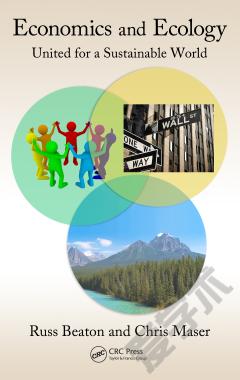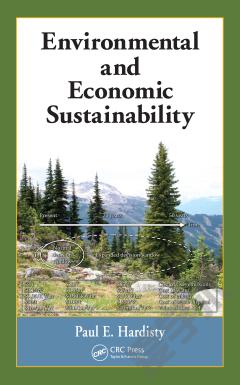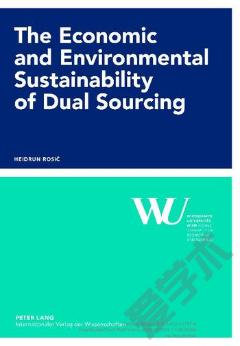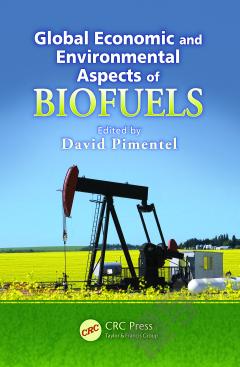Economics and Ecology —— United for a Sustainable World
----- 经济和生态学:联合成为一个可持续发展的世界
Introduction SETTING THE STAGE Methodological Overview Symptomatic Analysis Systemic Analysis An Evolutionary View of America Lessons from Our Energy History Energy-The Critical Resource The Flow of Energy Is the Only Real Economy Follow the Energy-Not the Money Lessons from the Laws of Thermodynamics Five Operating Principles ECONOMICS IN THEORY AND PRACTICE The Innate Nature of Economics Scarcity and Human Survival Economics and Human Nature Rational Economic Man From Necessities to Wants and Subsistence to Wealth Misuse of Economics in Practice Growth as Economic Religion Consumption Theory Consumption for Survival Consumption in Practice Affluence as an Unmitigated Public Good Toward an Economics of Enough Production Original Intention: Meet Human Necessities The Goal Has Been Unlimited Production Reconciling the Differences The Concept of Productivity Externalities Politics, Economics, and Externalities Understanding the Language The Nature of Markets Imperfect Property Rights Proceeding through Example-The Paper Mill Drawing Some Conclusions Facing Uncertainty Distribution The Question of Who Gets What Distribution: The All-Important, Ignored Element Economic Methodology Thwarts Redistribution Revisiting the Notion of Surplus Inequality and Economic Realities Equity and Social Justice-The Key to Real Sustainability Macroeconomics-Is It Still Helpful in an Age of Scarcity? Origins of Macroeconomics Basic Macroeconomic Worldview The Keynesian Dilemma-Unemployment or Inflation? Controlling the Economy Revisiting the Capitalist Scenario Age of Scarcity Changes the Paradigm A Growing Economy, a Planet in Peril RECONCILIATION AND LOOKING TO THE FUTURE The Meaning of Social-Environmental Sustainability The Three Pillars of Sustainability Understanding the Triple Bottom-Line Sustainability in Practice-The Track Record Imagining the Ideal World We Can Only Move toward a Positive Economic Development in the Current World Targeting the Strategy Counsel for Getting There Resource Overexploitation Communities Must Actively Plan Their Own Futures Broad-Based Participation a Necessity Need for Bottom-Up Thinking A Final Word on Growth Summing Up Appendix Index Chapters include endnotes.
{{comment.content}}








 京公网安备 11010802027623号
京公网安备 11010802027623号